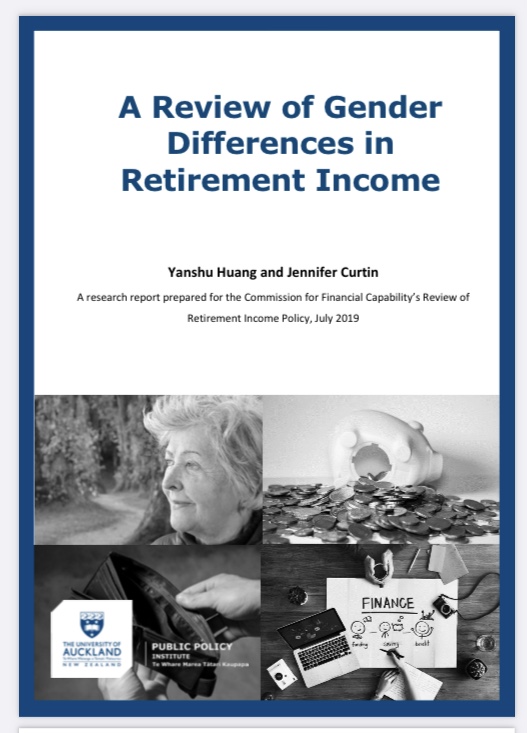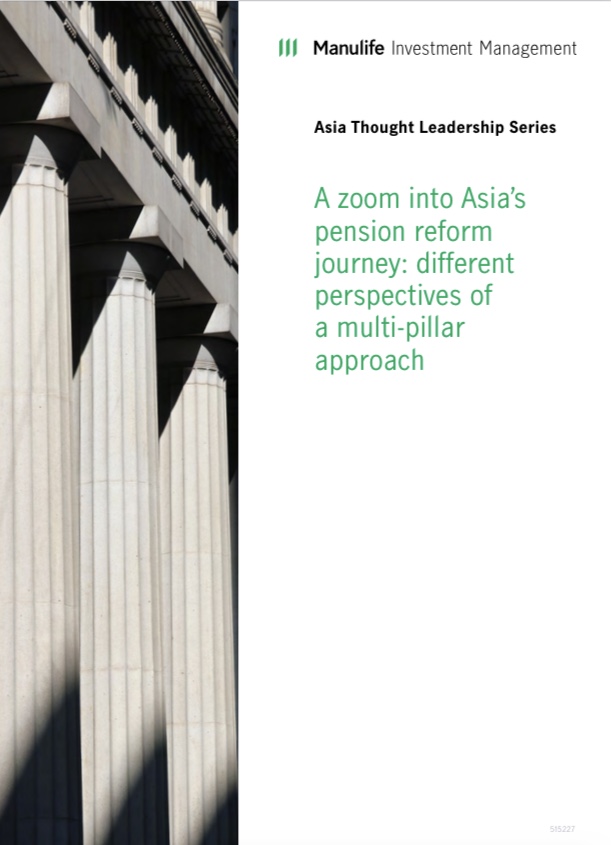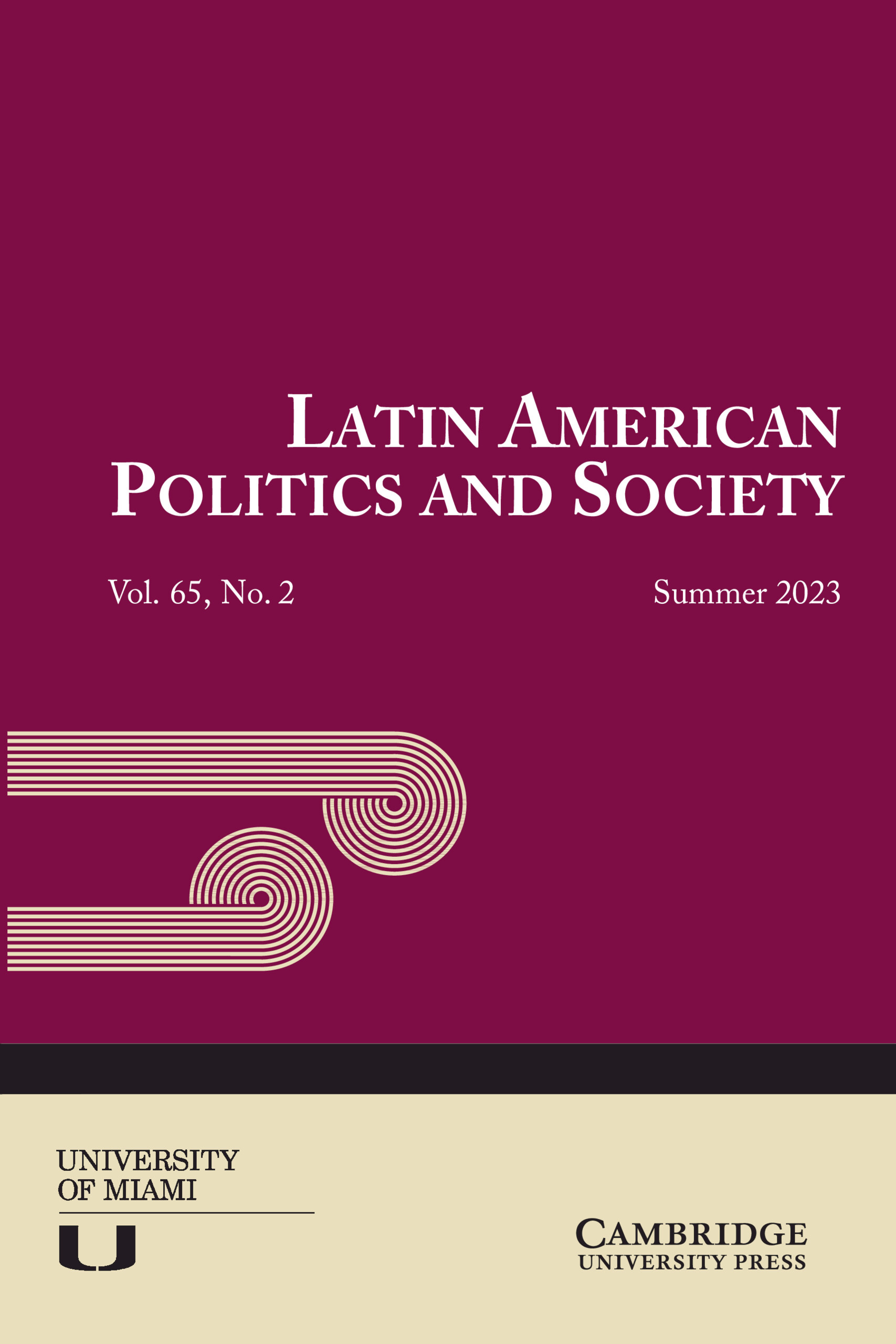Mortality Regressivity and Pension Design
By Youngsoo Jang, Svetlana Pashchenko & Ponpoje Porapakkarm How should we compare welfare across pension systems in presence of differential mortality? A commonly used standard utilitarian criterion implicitly favors the long-lived over the short-lived. We investigate under what conditions this ranking is reversed. We clearly distinguish between the redistribution along mortality and income dimensions, and thus between mortality and income progressivity. We show that when mortality is independent of income, mortality progressivity can be optimal only when (i) there is...










